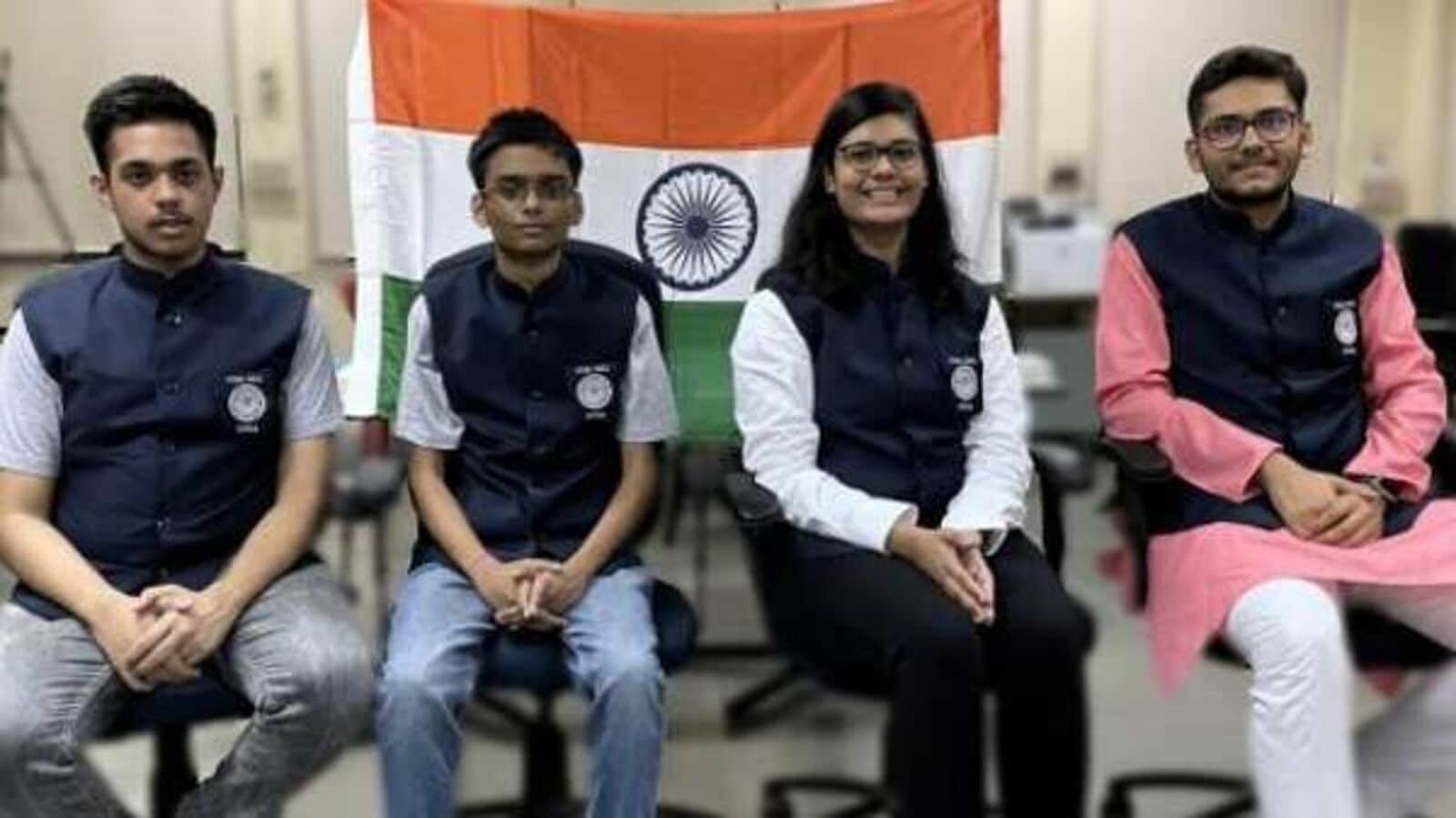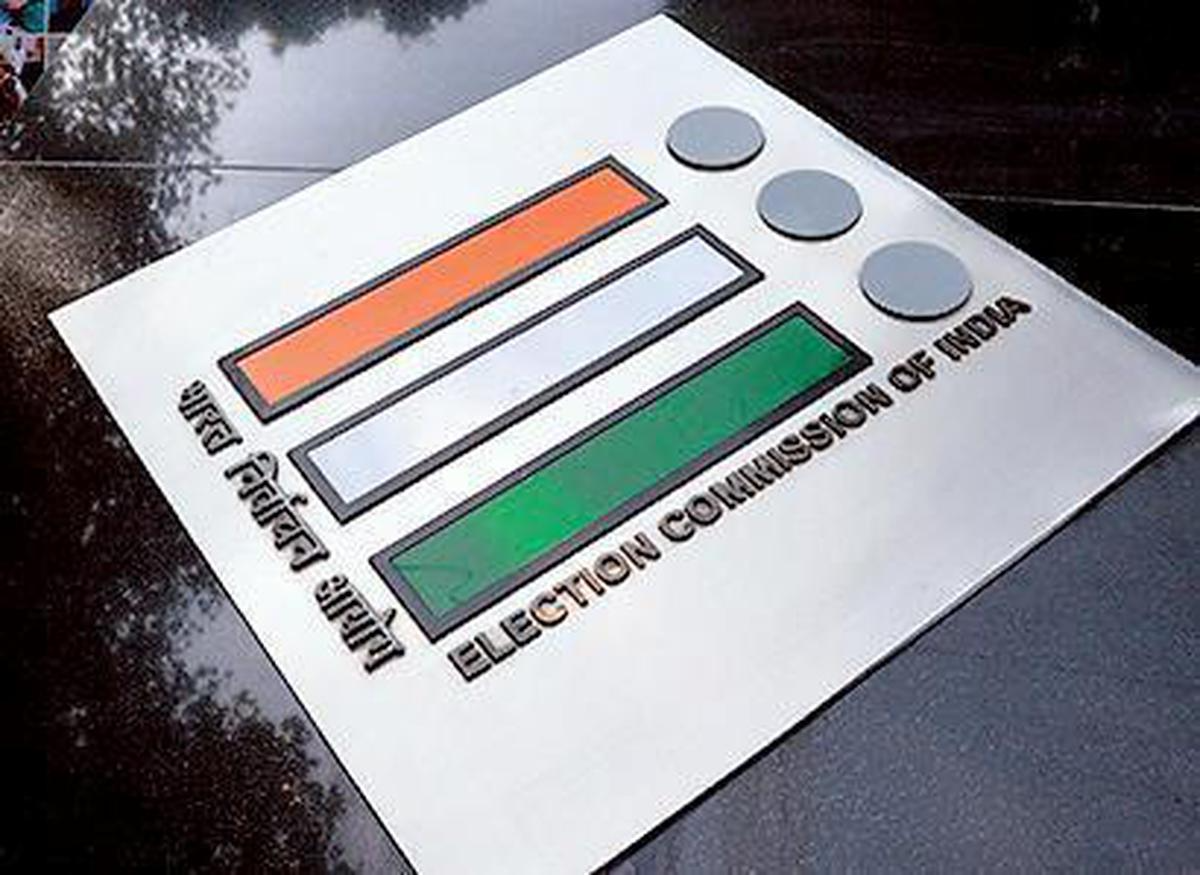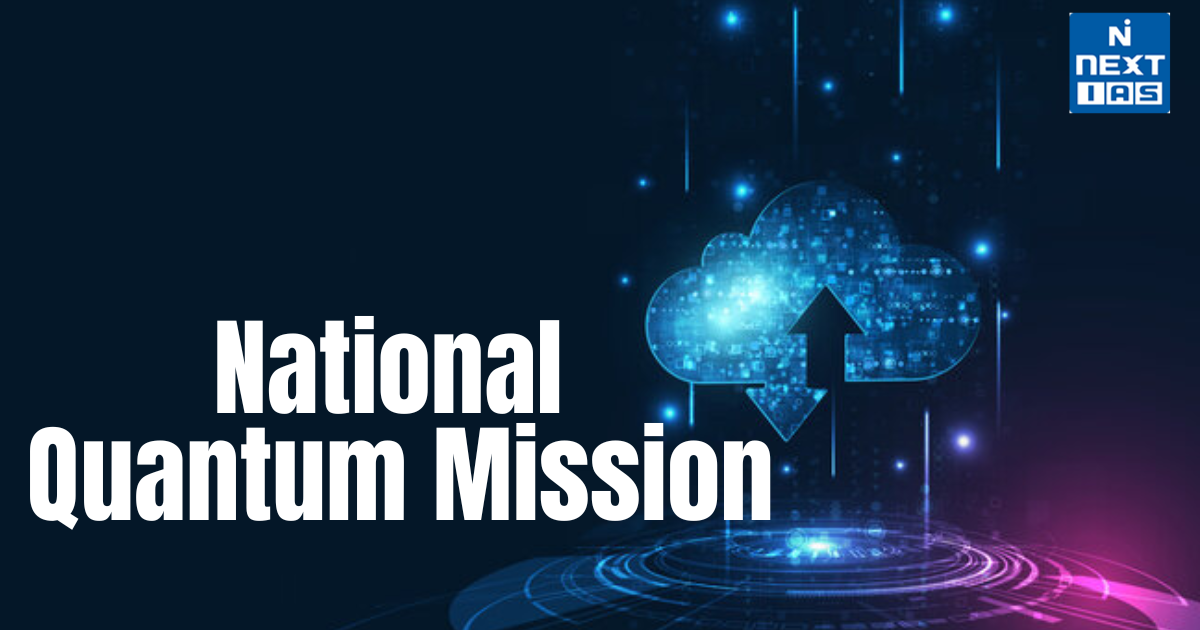National Aptitude Test for Teachers (NATT)
Posted On July 11, 2025
.webp)
The term "National Aptitude Test for Teachers (NATT)" in India can be a source of confusion because there isn't one singular, comprehensive, and mandatory "National Aptitude Test for Teachers" that all aspiring educators across all levels (from primary school to higher education) must take to demonstrate their overall teaching aptitude. Instead, the concept of assessing teacher aptitude at a national level is addressed through various specialized tests and components within broader examinations.
Here's a detailed exploration of the tests and policy initiatives that are often associated with or contribute to the idea of a "National Aptitude Test for Teachers" in India-
1. The National Teachers Eligibility Test (NTET) for Indian System of Medicine & Homoeopathy-
This is perhaps the closest existing examination that explicitly uses the acronym "NTET" and is a "National Teachers Eligibility Test" with an aptitude component. Conducted by the National Testing Agency (NTA) on behalf of the Ministry of AYUSH and with the approval of the Ministry of Education, this test is highly specialized. It is specifically designed for postgraduates who aspire to teach in colleges and universities offering courses in the Indian System of Medicine (Ayurveda, Yoga & Naturopathy, Unani, Siddha, and Sowa-Rigpa) and Homoeopathy.
The NTET for AYUSH aims to assess the eligibility of candidates for Assistant Professor, Associate Professor, and Professor positions at the entry level in these specialized medical fields. While it rigorously tests subject-specific knowledge in disciplines like Ayurveda or Homoeopathy, it also includes a significant "Teaching Aptitude" component. This aptitude section assesses aspects such as teaching methods, communication skills, classroom management, teaching and assessment technology, student psychology, andragogy (adult learning principles), and pedagogy. The rationale is to ensure that those entering the teaching profession in these unique fields possess not only deep subject matter expertise but also the pedagogical skills necessary to impart knowledge effectively. The NTET for AYUSH is a mandatory requirement for fresh appointments at these levels in institutions under the National Commission for Indian System of Medicine (NCISM) and National Commission for Homoeopathy (NCH).
2. The UGC NET (National Eligibility Test)-
The UGC NET is a crucial national-level examination conducted by the NTA primarily to determine eligibility for 'Assistant Professor' positions and/or for the award of 'Junior Research Fellowship (JRF)' in various universities and colleges across India. While not solely an "aptitude test," Paper 1 of the UGC NET is universally common for all subjects and includes a dedicated section on "Teaching Aptitude" and "Research Aptitude."
The "Teaching Aptitude" section in UGC NET Paper 1 aims to assess the teaching and learning process in higher education. It covers topics such as-
Teaching- Concept, objectives, levels of teaching (memory, understanding, reflective), characteristics, and basic requirements.
Learner's Characteristics- Characteristics of adolescent and adult learners (academic, social, emotional, and cognitive), individual differences.
Factors Affecting Teaching- Related to teacher, learner, support material, instructional facilities, learning environment, and institution.
Methods of Teaching- Teacher-centred vs. learner-centered methods; offline vs. online methods (Swayam, Swayamprabha, MOOCs).
Teaching Support System- Traditional, modern, and ICT-based.
Evaluation Systems- Elements and types of evaluation, evaluation in Choice Based Credit System (CBCS), computer-based testing, and innovations in evaluation systems.
This component of the UGC NET serves as a broad assessment of a candidate's readiness for teaching in a higher education setting, covering pedagogical understanding and classroom dynamics. Importantly, recent revisions by the UGC have also made NET scores a primary criterion for PhD admissions, further expanding its role in the academic pipeline.
3. The Vision of the National Education Policy (NEP) 2020 and Future Aptitude Assessments-
The National Education Policy (NEP) 2020 lays significant emphasis on radically transforming teacher education and recruitment to ensure the highest standards of teacher quality across all levels of schooling. While the NEP 2020 does not explicitly outline a singular "National Aptitude Test for Teachers (NATT)" for all school teachers, its recommendations strongly imply the need for comprehensive assessment mechanisms for teacher eligibility and performance.
The NEP envisions-
Robust Teacher Eligibility Tests (TETs)- The existing Central Teacher Eligibility Test (CTET) and State Teacher Eligibility Tests (STETs) are mandated for school teachers (Classes 1-8). The NEP suggests strengthening these TETs to include not only foundational subject knowledge but also aspects of teaching aptitude, pedagogy, and understanding of the child.
Performance-based Appraisal- Beyond entry-level tests, the NEP proposes a merit-based system of tenure, promotion, and salary structure based on performance appraisal. This could involve continuous professional development (CPD) and various assessment components that implicitly evaluate a teacher's aptitude and effectiveness over time.
Integrated B.Ed. Programs- By 2030, a four-year integrated B.Ed. degree will be the minimum qualification for school teachers. These programs are designed to embed rigorous pedagogical training and practical classroom experience, which inherently develop and assess teaching aptitude throughout the course.
Teacher Professional Development- The policy stresses the need for continuous professional development, requiring teachers to participate in 50 hours of CPD every year. This ongoing learning aims to keep teachers updated on new pedagogical approaches, technology integration, and student psychology, all of which contribute to an effective "aptitude for teaching."
While a single, standalone "NATT" for all teachers does not currently exist, the various components within the NTET for AYUSH, the Teaching Aptitude section of UGC NET Paper 1, and the broader reform agenda of NEP 2020 collectively point towards a growing emphasis on assessing and developing the multifaceted aptitudes required for effective teaching in India. The trend is towards more holistic, standardized, and continuous evaluation of teacher capabilities, moving beyond mere subject knowledge to encompass pedagogical skills, classroom management, and a deep understanding of learner psychology. The goal is to ensure that India's classrooms are led by educators who are not only knowledgeable but also possess the inherent aptitude and dedication to inspire and guide future generations.
Here's a detailed exploration of the tests and policy initiatives that are often associated with or contribute to the idea of a "National Aptitude Test for Teachers" in India-
1. The National Teachers Eligibility Test (NTET) for Indian System of Medicine & Homoeopathy-
This is perhaps the closest existing examination that explicitly uses the acronym "NTET" and is a "National Teachers Eligibility Test" with an aptitude component. Conducted by the National Testing Agency (NTA) on behalf of the Ministry of AYUSH and with the approval of the Ministry of Education, this test is highly specialized. It is specifically designed for postgraduates who aspire to teach in colleges and universities offering courses in the Indian System of Medicine (Ayurveda, Yoga & Naturopathy, Unani, Siddha, and Sowa-Rigpa) and Homoeopathy.
The NTET for AYUSH aims to assess the eligibility of candidates for Assistant Professor, Associate Professor, and Professor positions at the entry level in these specialized medical fields. While it rigorously tests subject-specific knowledge in disciplines like Ayurveda or Homoeopathy, it also includes a significant "Teaching Aptitude" component. This aptitude section assesses aspects such as teaching methods, communication skills, classroom management, teaching and assessment technology, student psychology, andragogy (adult learning principles), and pedagogy. The rationale is to ensure that those entering the teaching profession in these unique fields possess not only deep subject matter expertise but also the pedagogical skills necessary to impart knowledge effectively. The NTET for AYUSH is a mandatory requirement for fresh appointments at these levels in institutions under the National Commission for Indian System of Medicine (NCISM) and National Commission for Homoeopathy (NCH).
2. The UGC NET (National Eligibility Test)-
The UGC NET is a crucial national-level examination conducted by the NTA primarily to determine eligibility for 'Assistant Professor' positions and/or for the award of 'Junior Research Fellowship (JRF)' in various universities and colleges across India. While not solely an "aptitude test," Paper 1 of the UGC NET is universally common for all subjects and includes a dedicated section on "Teaching Aptitude" and "Research Aptitude."
The "Teaching Aptitude" section in UGC NET Paper 1 aims to assess the teaching and learning process in higher education. It covers topics such as-
Teaching- Concept, objectives, levels of teaching (memory, understanding, reflective), characteristics, and basic requirements.
Learner's Characteristics- Characteristics of adolescent and adult learners (academic, social, emotional, and cognitive), individual differences.
Factors Affecting Teaching- Related to teacher, learner, support material, instructional facilities, learning environment, and institution.
Methods of Teaching- Teacher-centred vs. learner-centered methods; offline vs. online methods (Swayam, Swayamprabha, MOOCs).
Teaching Support System- Traditional, modern, and ICT-based.
Evaluation Systems- Elements and types of evaluation, evaluation in Choice Based Credit System (CBCS), computer-based testing, and innovations in evaluation systems.
This component of the UGC NET serves as a broad assessment of a candidate's readiness for teaching in a higher education setting, covering pedagogical understanding and classroom dynamics. Importantly, recent revisions by the UGC have also made NET scores a primary criterion for PhD admissions, further expanding its role in the academic pipeline.
3. The Vision of the National Education Policy (NEP) 2020 and Future Aptitude Assessments-
The National Education Policy (NEP) 2020 lays significant emphasis on radically transforming teacher education and recruitment to ensure the highest standards of teacher quality across all levels of schooling. While the NEP 2020 does not explicitly outline a singular "National Aptitude Test for Teachers (NATT)" for all school teachers, its recommendations strongly imply the need for comprehensive assessment mechanisms for teacher eligibility and performance.
The NEP envisions-
Robust Teacher Eligibility Tests (TETs)- The existing Central Teacher Eligibility Test (CTET) and State Teacher Eligibility Tests (STETs) are mandated for school teachers (Classes 1-8). The NEP suggests strengthening these TETs to include not only foundational subject knowledge but also aspects of teaching aptitude, pedagogy, and understanding of the child.
Performance-based Appraisal- Beyond entry-level tests, the NEP proposes a merit-based system of tenure, promotion, and salary structure based on performance appraisal. This could involve continuous professional development (CPD) and various assessment components that implicitly evaluate a teacher's aptitude and effectiveness over time.
Integrated B.Ed. Programs- By 2030, a four-year integrated B.Ed. degree will be the minimum qualification for school teachers. These programs are designed to embed rigorous pedagogical training and practical classroom experience, which inherently develop and assess teaching aptitude throughout the course.
Teacher Professional Development- The policy stresses the need for continuous professional development, requiring teachers to participate in 50 hours of CPD every year. This ongoing learning aims to keep teachers updated on new pedagogical approaches, technology integration, and student psychology, all of which contribute to an effective "aptitude for teaching."
While a single, standalone "NATT" for all teachers does not currently exist, the various components within the NTET for AYUSH, the Teaching Aptitude section of UGC NET Paper 1, and the broader reform agenda of NEP 2020 collectively point towards a growing emphasis on assessing and developing the multifaceted aptitudes required for effective teaching in India. The trend is towards more holistic, standardized, and continuous evaluation of teacher capabilities, moving beyond mere subject knowledge to encompass pedagogical skills, classroom management, and a deep understanding of learner psychology. The goal is to ensure that India's classrooms are led by educators who are not only knowledgeable but also possess the inherent aptitude and dedication to inspire and guide future generations.











